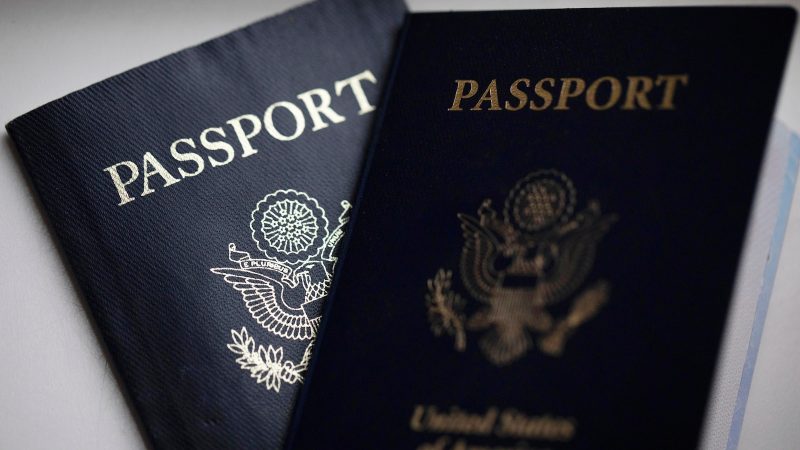
A federal judge has dealt a significant blow to the Trump administration’s restrictive policy on passport gender markers, issuing a ruling that prevents the government from limiting sex designations for transgender and nonbinary individuals. This landmark decision, handed down by U.S. District Judge Julia Kobick, expands on a preliminary injunction issued last month, broadening its scope to encompass a wider range of individuals.
The original injunction protected six individuals who had joined forces with the American Civil Liberties Union (ACLU) in a lawsuit challenging the policy. Judge Kobick’s latest ruling extends this protection to all transgender and nonbinary people who currently lack a valid passport, those whose passports expire within the next year, and those needing to apply for a new one due to loss, theft, or name/sex designation changes. This effectively invalidates the Trump administration’s narrow definition of sex, which rejected the concept of gender transition.
The judge’s decision underscores the government’s failure to demonstrate any legitimate constitutional harm stemming from the reversal of the policy. Judge Kobick, appointed by President Biden, emphasized the significant violation of equal protection rights experienced by thousands of Americans under the previous restrictions. The court’s rationale centered on the government’s inability to justify its actions as substantially related to an important governmental interest.
The ACLU’s lawsuit highlighted the real-world difficulties faced by transgender and nonbinary individuals under the Trump administration’s policy. The lawsuit presented examples of individuals whose passports were returned with incorrect gender markers, and others who were too afraid to apply for fear of having their applications stalled indefinitely. The administration’s counterargument, asserting that the policy did not violate constitutional rights and that individuals remained free to travel, was ultimately dismissed by the court.
This victory for transgender and nonbinary rights represents a critical step towards greater inclusivity and recognition. The ruling not only protects the fundamental rights of affected individuals but also sends a powerful message regarding the importance of legal protection for gender identity. The case continues, but for now, the ruling offers a significant win for the LGBTQ+ community and a hopeful precedent for future challenges to discriminatory policies.










